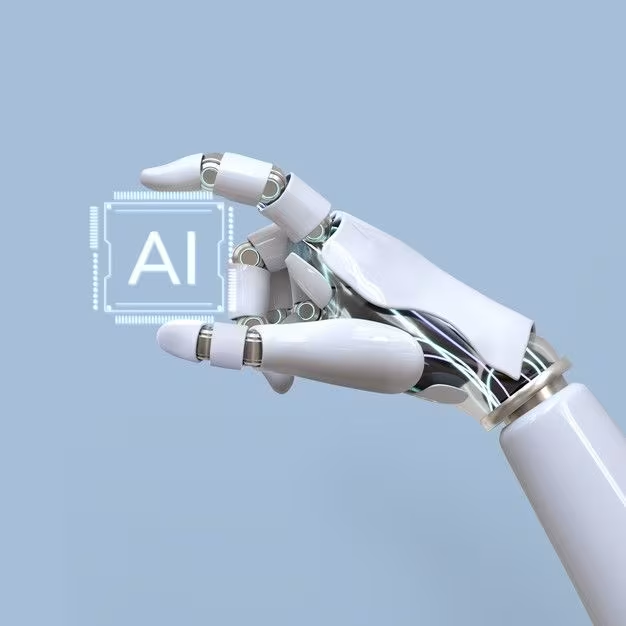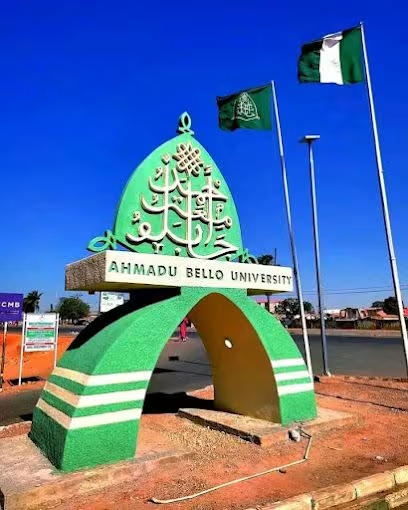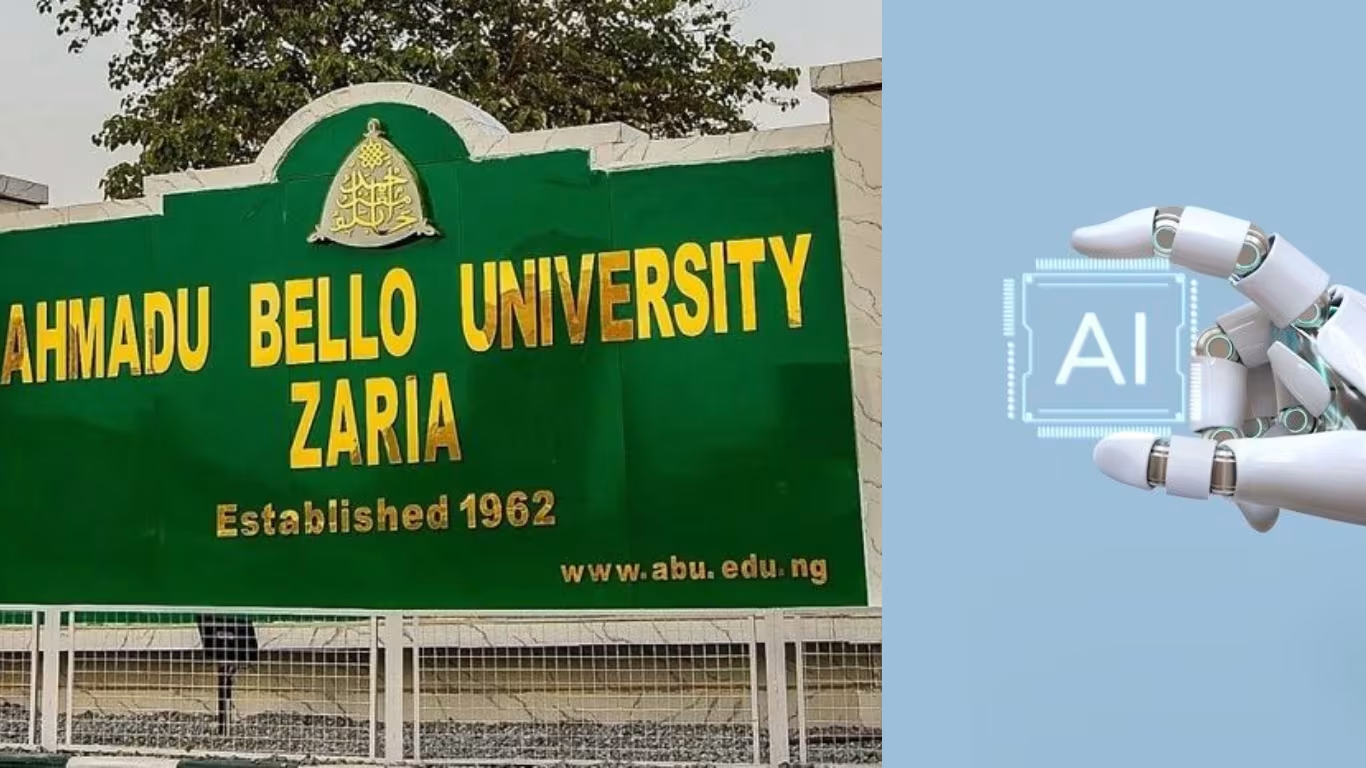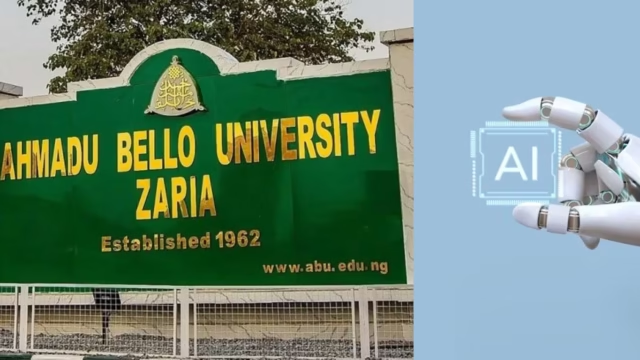ABU Zaria Gets Huge EU Grant for AI Microscope to Fight Diseases
Ahmadu Bello University (ABU) in Zaria has just received a €5 million (about N9 billion) grant from the European Union (EU). This money will be used to create a special microscope that uses Artificial Intelligence (AI) to diagnose parasitic diseases.

This exciting project, called MultiplexAI, aims to find these infections early, especially in rural and hard-to-reach communities across Africa. It will use AI and tools that connect to smartphones.
ABU’s proposal was one of only four chosen out of 240 submissions in a very competitive EU program focused on “Innovative Digital Health Solutions for Sub-Saharan Africa.” This is also the first time ABU is leading a digital health project funded by the EU’s Horizon Europe program, making it a historic achievement for the university.

The scientific leader for this project is Dr. Gloria Dada Chechet, an expert in tropical diseases from ABU. She is well-known for her work in diagnosing these types of illnesses.
How the AI Microscope Will Work:
The clever part is that this AI-powered diagnostic tool will only need a microscope, a smartphone, and a special app. This means that local health workers in remote areas can detect multiple parasitic infections right on the spot, without needing to send samples to faraway labs.
This project fits perfectly with Nigeria’s efforts to use digital technology to improve things. It’s expected to significantly boost health outcomes in areas where it’s currently hard to get proper medical tests.
ABU sees this as a major step forward for digital health innovation in Africa.
It will raise the university’s global profile and establish it as a leader in AI-driven health research on the continent. With EU funding and Dr. Chechet’s leadership, the MultiplexAI project represents a significant leap forward in combating neglected tropical diseases using affordable and easily scalable technology.
A Breakthrough for Africa: ABU Zaria Secures €5 Million EU Grant for AI-Powered Disease Diagnosis
Ahmadu Bello University (ABU), located in Zaria, Nigeria, has achieved a remarkable feat by securing a substantial €5 million (approximately N9 billion) grant from the European Union. This significant funding, awarded through the highly competitive Horizon Europe EDCTP3 programme, is earmarked for a groundbreaking initiative: developing an AI-powered microscope designed to rapidly diagnose parasitic diseases.
This innovative project, aptly named MultiplexAI, aims to tackle some of the most challenging health issues facing Africa, including prevalent and often debilitating diseases like malaria, African trypanosomiasis (sleeping sickness), leishmaniasis, and filariasis. These conditions disproportionately affect communities in remote and underserved areas, where access to quick and accurate diagnosis is severely limited.
A Historic Win for African Innovation:
The selection of ABU’s proposal is a testament to its research excellence. Out of a staggering 240 submissions under the theme “Innovative Digital Health Solutions for Sub-Saharan Africa,” MultiplexAI was one of only four projects worldwide to receive funding. This also marks a historic first for ABU, as it is the first time the institution will host a digital health project funded under the prestigious Horizon Europe framework, setting a new standard for digital health innovation across the continent.
Simplicity Meets Advanced Technology:
At the heart of the MultiplexAI project is a brilliant concept for accessible healthcare. The AI-powered diagnostic tool will operate with surprising simplicity, requiring only a microscope, a smartphone, and a dedicated mobile application. This user-friendly design means that even community health workers in remote villages will be able to perform on-site detection of multiple parasitic infections simultaneously, eliminating the critical delays and logistical hurdles associated with sending samples to centralized laboratories. This is crucial for diseases where early detection can be the difference between life and death or chronic debilitation.

Expert Leadership and Broad Impact:
The scientific leadership of this pioneering project rests with Dr. Gloria Dada Chechet, a highly respected molecular parasitologist and Reader in ABU’s Department of Biochemistry. Her extensive expertise in tropical disease diagnostics and a track record of international fellowships underscore the caliber of leadership guiding MultiplexAI under the Africa Centre of Excellence for Neglected Tropical Diseases and Forensic Biotechnology (ACENTDFB).
Join Our Social Media Channels:
WhatsApp: NaijaEyes
Facebook: NaijaEyes
Twitter: NaijaEyes
Instagram: NaijaEyes
TikTok: NaijaEyes








































